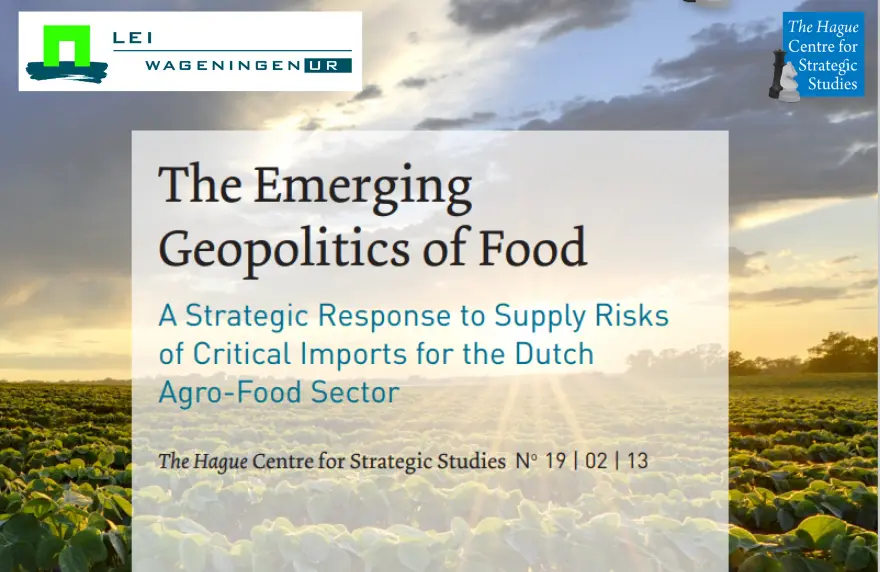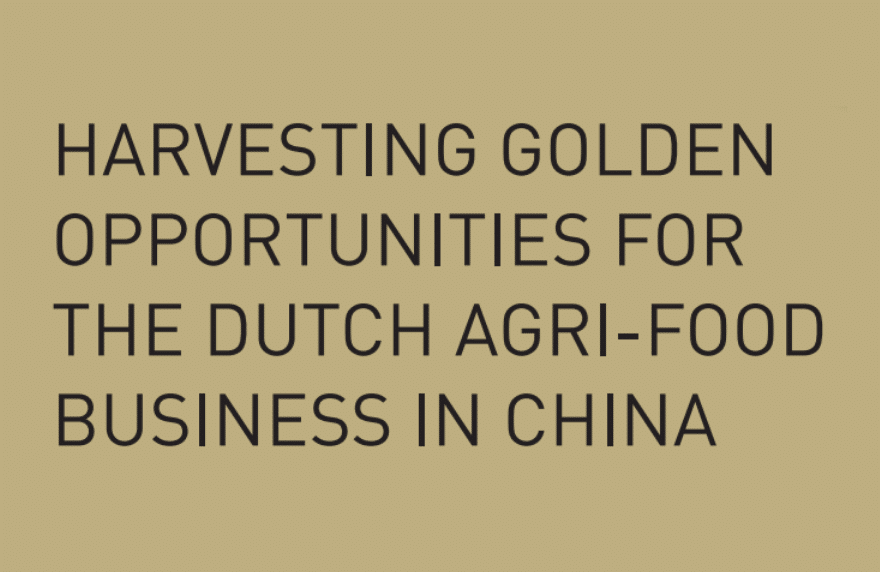Research
This report explores how the Dutch government could strengthen the resilience of the Dutch agro-food system and mitigate risks to the supply of critical raw material imports.
Interdependencies in the field of food, agriculture and raw materials are growing. Global population growth, rising prosperity and changing consumption patterns in emerging economies have increased the demand for all three. Geopolitical trends shape global markets for food, agriculture, and raw materials and carry consequences for the Dutch agro-food sector. In the Netherlands, food insecurity is not an imminent risk. Nonetheless, geopolitical risks are real and scenarios under which the Dutch agro-food sector has difficulty in adequately sourcing critical raw material imports should not be neglected. This report explores how the Dutch government could strengthen the resilience of the Dutch agro-food system and mitigate risks to the supply of critical raw material imports.
The Dutch government wants to take care of the interests of Dutch consumers and producers of agro-food products while simultaneously support a safe and stable world characterized by fair international relationships. Therefore, the government should find ways that mitigate supply risks that go beyond simply achieving the largest supply security at the lowest cost. This report argues that the Netherlands should avoid to shift the burden of securing the interests of the Dutch agro-food sector on to developing countries by focusing on cooperative solutions aimed at creating long-term win-win situations that benefit both the Netherlands and sourcing countries. From this perspective, in which reciprocity is key, the report formulates several policy recommendations for a strategic response to the emerging geopolitics of food.
Download the report here.







